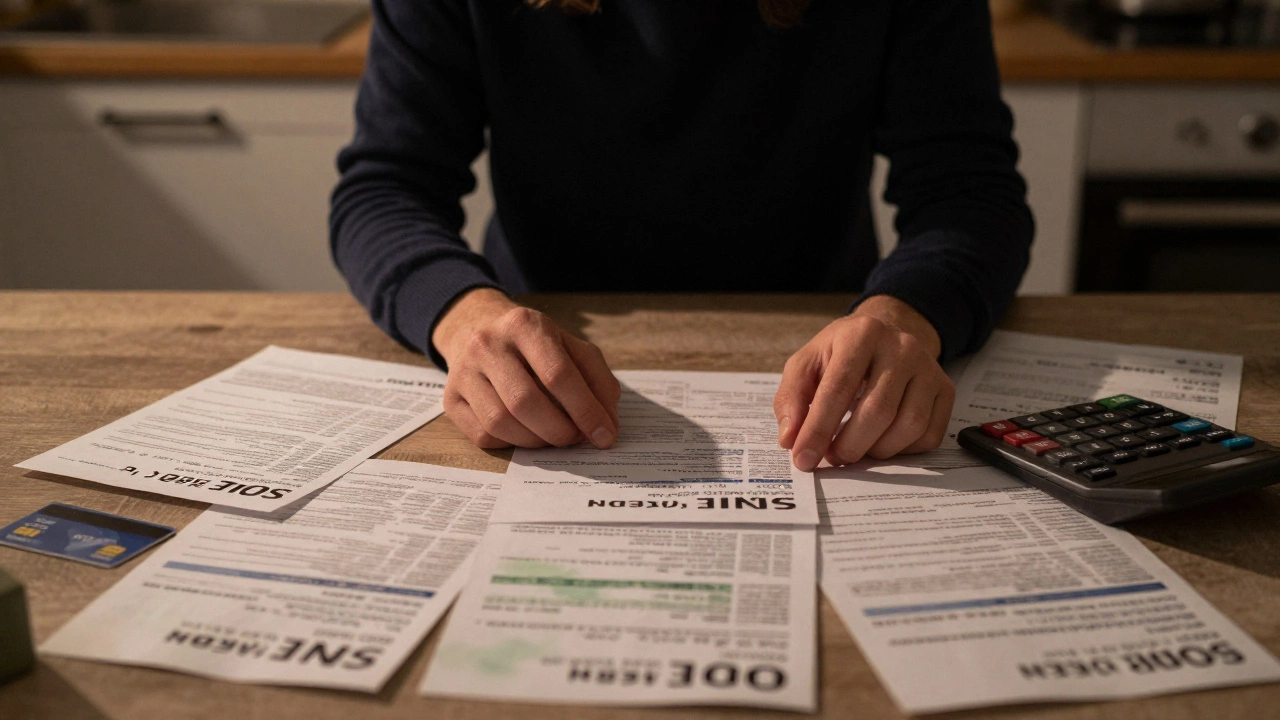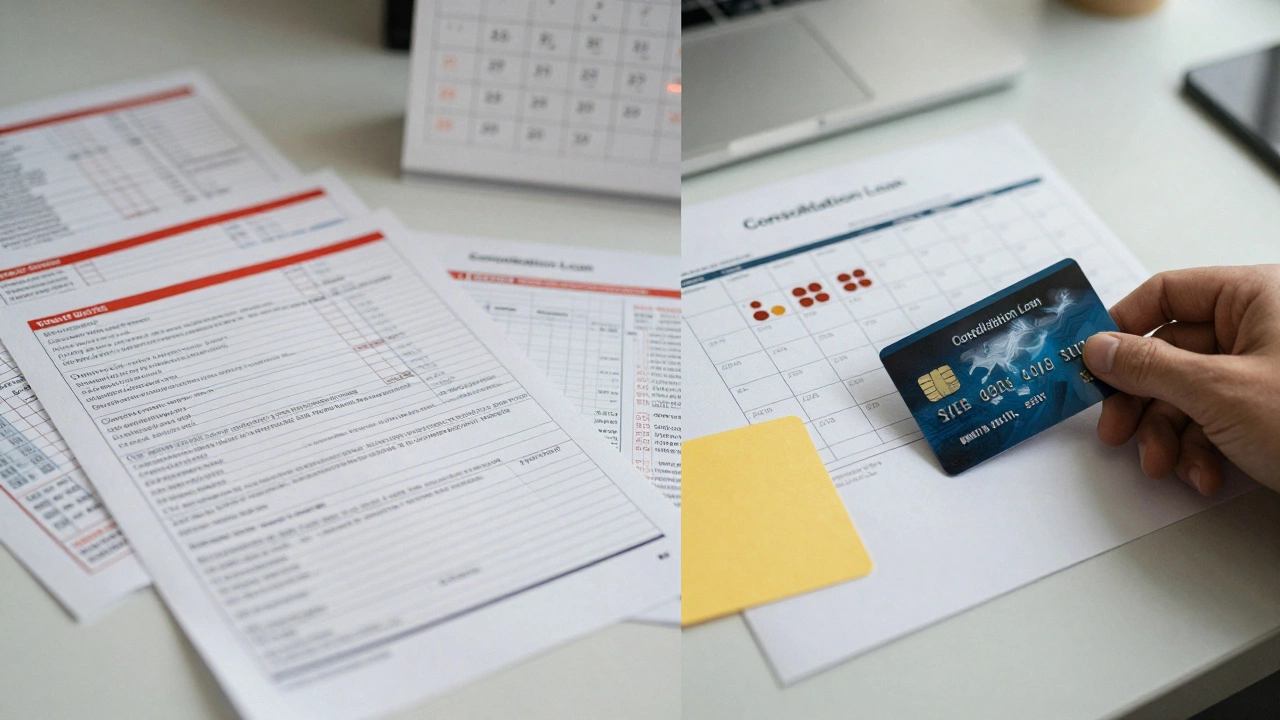Debt Settlement: Simple Ways to Cut What You Owe
Got a pile of bills that feels impossible to clear? You’re not alone. Many people hit a wall when credit‑card balances, personal loans, and overdue invoices stack up. The good news is you can negotiate, consolidate, or settle those debts without waiting for a miracle.
First, know what debt settlement really means. It’s an agreement with a lender to accept less than the full amount you owe. You usually pay a lump sum or a series of smaller payments, and the creditor writes off the rest. It’s different from a bankruptcy – you keep your assets, and it can be quicker if you act right.
How to Start a Settlement Conversation
Before you pick up the phone, gather the facts. List every creditor, the current balance, interest rate, and any missed payments. This spreadsheet will be your backbone when you explain why you can’t keep up and what you can realistically pay.
When you call, stay calm and be clear. Explain your situation – a job loss, medical bill, or any genuine hardship – and propose a specific amount you can afford. Creditors often have internal programs for “hardship” cases, so ask directly about those options.
Don’t promise a payment you can’t make. A realistic offer builds trust and increases the chance the lender will accept it. If they say no, ask for a lower amount or a longer payment window. Remember, you’re negotiating; every concession counts.
When Consolidation Makes More Sense
If you have multiple small debts, a personal loan or a balance‑transfer credit card can simplify things. Instead of juggling three or four payments, you get one fixed‑rate payment each month. The key is to choose a loan with a lower interest rate than the average of your current debts.
Look at the posts on our site that break down loan costs and credit‑score requirements. Those guides show you how to calculate the total cost of a consolidation loan versus keeping the original debts. If the new loan saves you money and reduces your monthly outflow, it’s a smart move.
Be wary of “settlement companies” that charge high fees upfront. Most reputable lenders let you negotiate directly, and the cost of a legitimate settlement is usually a fraction of what those companies claim. Check the reviews, verify licensing, and never pay before a deal is signed.
Finally, protect your credit score during the process. Settling a debt will show up as “settled” on your credit report, which can ding the score a bit, but it’s better than an ongoing default. Keep paying any remaining obligations on time, and consider a short‑term credit‑building strategy like a secured credit card.
Debt settlement isn’t a magic fix, but with the right preparation and a clear plan, you can shrink what you owe and get back on track faster. Use the tools on Treasury Leaders Hub to run the numbers, compare loan offers, and learn how other borrowers have succeeded. Take the first step today – your financial freedom is worth the effort.

Debt relief can hurt your credit, but not all types do. Debt settlement damages scores, while debt management plans and consolidation loans may help. Learn how each option affects your credit and how to recover.
Read More
Debt consolidation doesn't erase bad credit. Late payments and settlements stay on your report for up to seven years. Learn how long it really takes to rebuild your score-and what to do after consolidation to make it faster.
Read More
Break down the most popular debt relief programs in 2025—compare their pros, cons, costs, and success rates to help you pick the right fit for your finances.
Read More